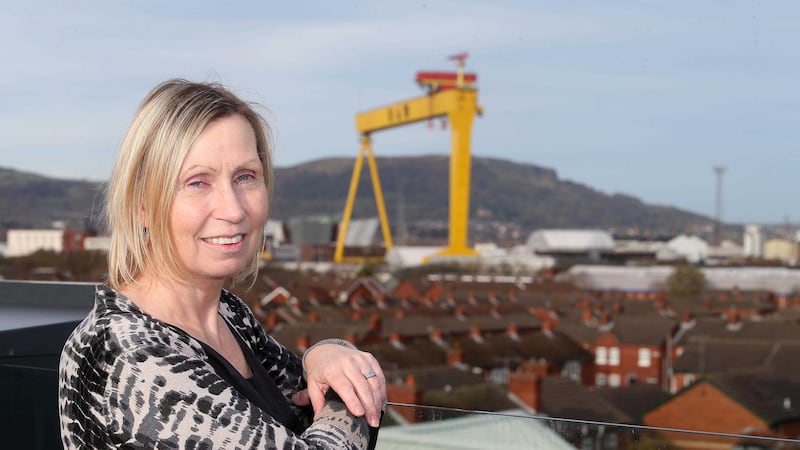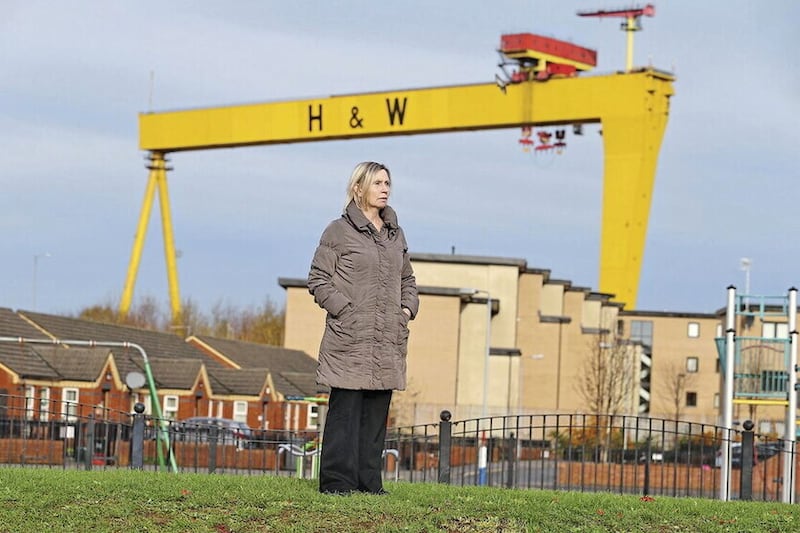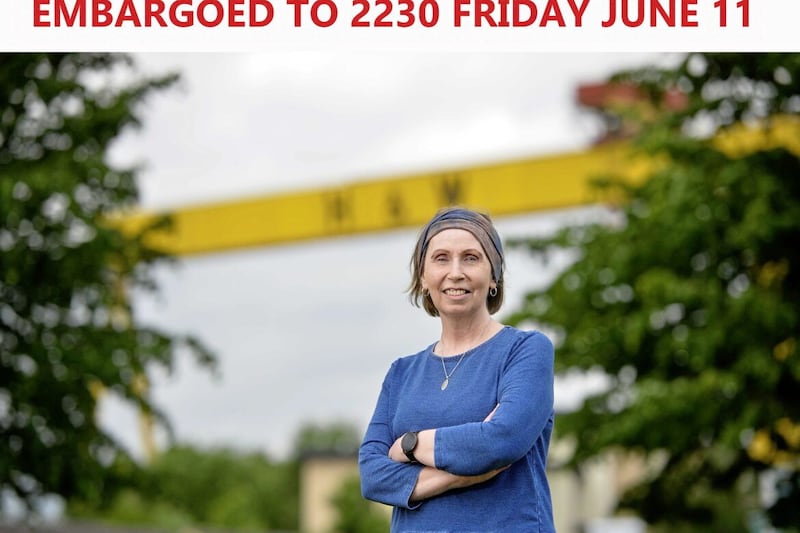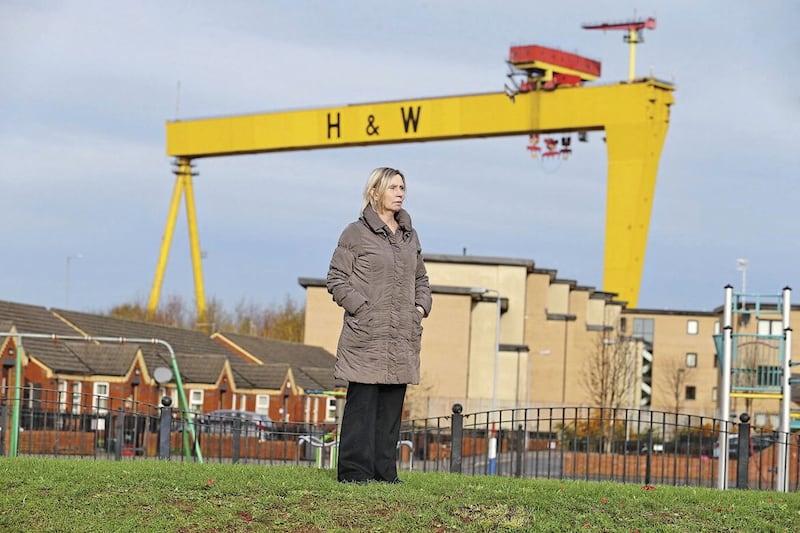I think the first time I saw Irish written down was on a visit to Donegal. It looked complicated and inaccessible, just random letters on road signs.
A few years later I had the opportunity to hear the language at a taster session in East Belfast Mission. It sounded strange to me; unfamiliar words which were difficult to say and impossible to remember.
Probably not a very promising start, yet this contact awakened a curiosity within me. For reasons that I didn’t understand myself, I wanted to learn Irish, I wanted to be able to read the signs and understand the words, something was attracting me to this strange language.
I began to go to classes, not in my own area as Irish classes didn’t happen in unionist areas. Myself and a friend started classes in a nearby nationalist area and I suppose we felt that we were outsiders coming to learn this ‘Catholic’ language.
At least that’s what we believed at the time and with good reason. I mean the classes were being held in what we regarded as a Catholic primary school, the names of the other learners were Séan, Mairéad, Bernie, Seamus, Paddy and a map of Ireland with no border was on the wall.
We felt that we were the only real beginners as everybody else seemed to know the language whilst we were ‘gan focal’, without a word. And although we were made very welcome and never made to feel different in any way, at times I questioned my own desire to learn Irish.
What had this language to do with me a Protestant from east Belfast? Was I doing something wrong by learning Irish? Was I betraying something and if I was what was it I was betraying?
Despite my doubts I continued to attend classes and I gradually began to encounter the truth about the language. For me it was a shock to discover that the Irish language is all around us, in our place names, Belfast- ‘mouth of the sandbank ford, Finaghy – ‘the white field’, Lisnasharragh – ‘the fort of the foals’; in our surnames, McCullough – ‘son of the hound of Ulster’, McCoy – ‘son of fire’, Mateer – ‘son of the craftsman’; in our local vocabulary; brogue, poteen, dulse, whiskey, banshee and also in the structure and syntax of our everyday speech.
Expressions such as, ‘He be’s here’, ‘She’s after doing that’, ‘I’ve the cold on me’. How could I have lived all these years surrounded by the language and yet be totally oblivious to it?
Video: The Bluffer goes to the polls as we await the return of our intellectual giants
Video: The Bluffer's been working all the days of the week to bring you this
Muslim community hopes to produce Irish language version of the Qur'an
I began to read books and articles about the history of Gaelic, and was continually amazed to uncover fact such as, in the 1830s the Presbyterian General Assembly termed the language ‘Our sweet and memorable mother tongue’ and how during the 1840s they made it a requirement for all of their trainee ministers to have a knowledge of the language and that the largest Gaeltacht (Gaelic speaking region) is not in Ireland but in Scotland where the majority of speakers are from the Protestant tradition .
My feelings of doubt and confusion gave way to anger and sadness; this was my language, the language of my homeland, a language spoken in Ireland, Scotland and the Isle of Man, a language which had been denied to me for one reason and for one reason only – I was a Protestant. I was determined not only to reclaim it for myself but to share it with others and to defend it from those who wished to use the language as a target for their hatred and bitterness. I had fallen in love.
Over the past few years I have met many Protestant speakers and visited the Gaelic regions of Scotland. I even went to a Rangers Club in Stornoway and was given an official Rangers t-shirt with the Gaelic motto ‘Sinne na daoine’ – ‘We are the people’ emblazoned on it.
The more information I uncover about the links between my own community and the Irish language the more ridiculous it seems that I could ever have believed that I was doing something wrong by learning Irish.
And to those who would accuse me or point the finger and question why I am learning a ‘foreign language’, I would tell them to have a look at their British passport.
They’ll see that it is written in three languages; English, Welsh and Gaelic. To those who fear that learning the language will somehow change people’s political viewpoint I would state that it has given me a renewed pride in my Presbyterian heritage and made me more aware of the links between Ulster and Scotland.
I have lost nothing of myself through learning Irish but have gained so much. ‘A different language is a different vision of life’, Fedrico Fellini.








